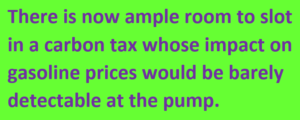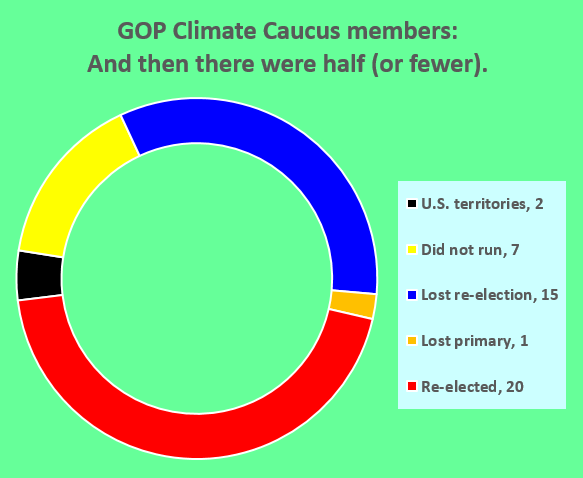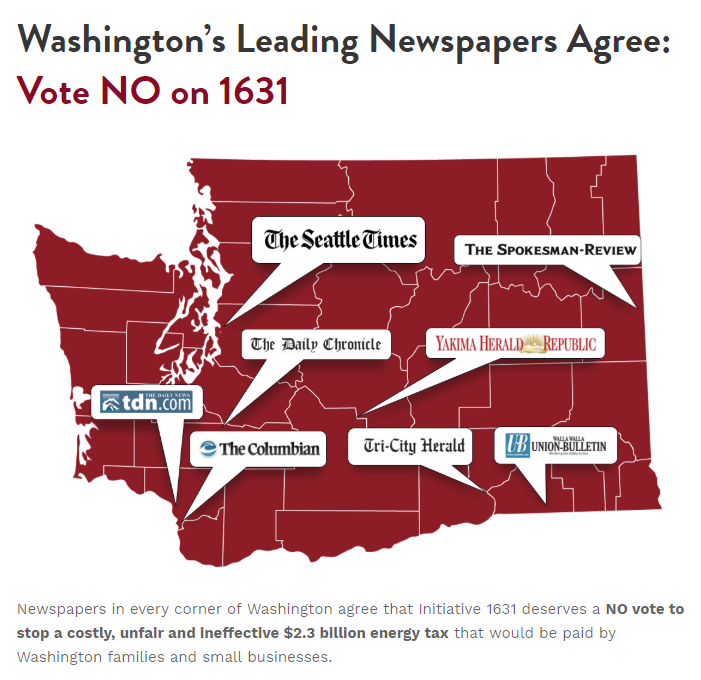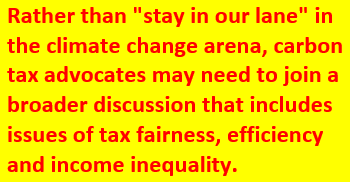This post originally appeared in the Climate Law Blog published by Columbia University’s Sabin Center for Climate Change Law under the title, “It’s Time for a Carbon Tax — Now.” It has been lightly edited for style.
The time for a carbon tax is now. The coronavirus hasn’t just created the opportunity; it has created the imperative.
The Imperative
State budgets are in crisis. Revenues — whether derived from sales taxes, individual and corporate income taxes, capital gains, dividends, tolls, airport fees, mass transit fares, hotel stays, casinos, real estate transactions, you name it — are in free fall. Meanwhile, expenses — health care, procurement of medical equipment like ventilators, masks and gowns, unemployment insurance, police overtime, national guard deployments, emergency services, and more — are exploding.
Already, draconian cuts to essential services like education and Medicaid — in the middle of a healthcare crisis, no less — are planned because states, unlike the Federal government, cannot run deficits. States need new revenue sources, and fast. In New York, Governor Cuomo recently projected the impending budget gap to grow to $15 billion after all the coronavirus bills come due, potentially requiring a 50% cut in education and other spending if lost revenue is not replaced. The prospect of the Federal government filling this void seems doubtful at best.
 State-level or regional carbon taxes could be an important part of the answer. By one calculation, a state tax of, say, $35 per ton of carbon dioxide emissions could raise approximately $4.4 billion per year for New York — not enough to cure the deficit crisis by itself, but potentially a big part of the solution. Until recently, many advocates favored revenue-neutral carbon taxes — meaning that proceeds would be returned to taxpayers by rebate or other means; that political calculus has now been superseded by events.
State-level or regional carbon taxes could be an important part of the answer. By one calculation, a state tax of, say, $35 per ton of carbon dioxide emissions could raise approximately $4.4 billion per year for New York — not enough to cure the deficit crisis by itself, but potentially a big part of the solution. Until recently, many advocates favored revenue-neutral carbon taxes — meaning that proceeds would be returned to taxpayers by rebate or other means; that political calculus has now been superseded by events.
The Opportunity
The price of crude oil recently fell to the historically unprecedented and previously unfathomable price of negative $37 per barrel for May delivery, essentially because demand is so low and the glut so large that there is little-to-no remaining capacity even to transport or store the product. For June delivery, at this writing, the U.S. price was under $13 — back in positive territory, but still a level unseen since 1999. That’s for the nominal price; to find an inflation-adjusted price comparable to today, you’d have to look back before 1946, when standard crud oil price history tables begin.
To put it mildly, there is now room to slot in a carbon tax whose impact on gasoline prices would be barely detectable at the pump. A carbon tax of $35 per ton, roughly equaling US EPA’s 2015 estimate of the social cost of carbon emissions, would translate into a price increase of just $15 per barrel, equating to about 27 cents per gallon of gas. Assuming a June 2020 delivery price of $13, that would bring the total cost per barrel to $28. The last time crude oil was as low as $28, back in 2003, gasoline prices were only $1.50 per gallon.
Carbon emissions have fallen precipitously since the onset of the coronavirus crisis. The respected U.K. consultancy Carbon Brief expects the global downturn for 2020 to reach 5 to 6 percent. The Carbon Tax Center believes the fall could be far greater. While these drops are generally viewed as temporary and poised to reverse when the economy returns to “normal,” a carbon tax offers the opportunity to structurally lock in some of these emissions gains for the long term.
Carbon pricing has long been viewed by many economists and other policy experts as the keystone strategy for reducing carbon emissions. It could also provide a source of funding for needed infrastructure investments and to support vulnerable populations at risk in the gathering economic crisis.
 As bad as it is, the coronavirus will someday be behind us. The climate crisis, on the other hand, still lies largely ahead, and its impacts will be severe and enduring. If the coronavirus has taught us anything it is the value of planning and preparedness, the superiority and cost-effectiveness of dealing with a crisis in advance as opposed to waiting for it to crash upon us. (And perhaps in the aftermath of the coronavirus, we will be more receptive to scientific modeling and evidence.) We have an opportunity to seize this moment to lock in emissions reductions, one of the very few benefits of the current crisis, and put fossil fuel pollution on a long-term downward trajectory.
As bad as it is, the coronavirus will someday be behind us. The climate crisis, on the other hand, still lies largely ahead, and its impacts will be severe and enduring. If the coronavirus has taught us anything it is the value of planning and preparedness, the superiority and cost-effectiveness of dealing with a crisis in advance as opposed to waiting for it to crash upon us. (And perhaps in the aftermath of the coronavirus, we will be more receptive to scientific modeling and evidence.) We have an opportunity to seize this moment to lock in emissions reductions, one of the very few benefits of the current crisis, and put fossil fuel pollution on a long-term downward trajectory.
The onset of the coronavirus, just like the Great Depression, is accelerating the consideration of many policy ideas that were considered to be outside the “Overton Window” — as political scientists term the prevailing accepted range of debate. Taxing carbon has been disparaged by some as too drastic to win consideration. The question now is, too drastic in comparison to what? In comparison to cutting school funding by 50%? To resuming uncontrolled emissions?
The window is open, and the time has come.
Andrew Ratzkin, an energy sector lawyer, was recently appointed to the Westchester County Climate Smart Communities Task Force.



 Indeed, it may have been precisely the failure to consider the broader social equity context that doomed France’s recent fossil fuel surcharge at the hands of the Yellow Vests — many of whom
Indeed, it may have been precisely the failure to consider the broader social equity context that doomed France’s recent fossil fuel surcharge at the hands of the Yellow Vests — many of whom